According to Techspot , Intel is facing the prospect of being split into two companies as Broadcom and TSMC target separate business segments. With Intel's board of directors searching for a new CEO, the outcome of these deals could significantly impact the company's long-term strategy.
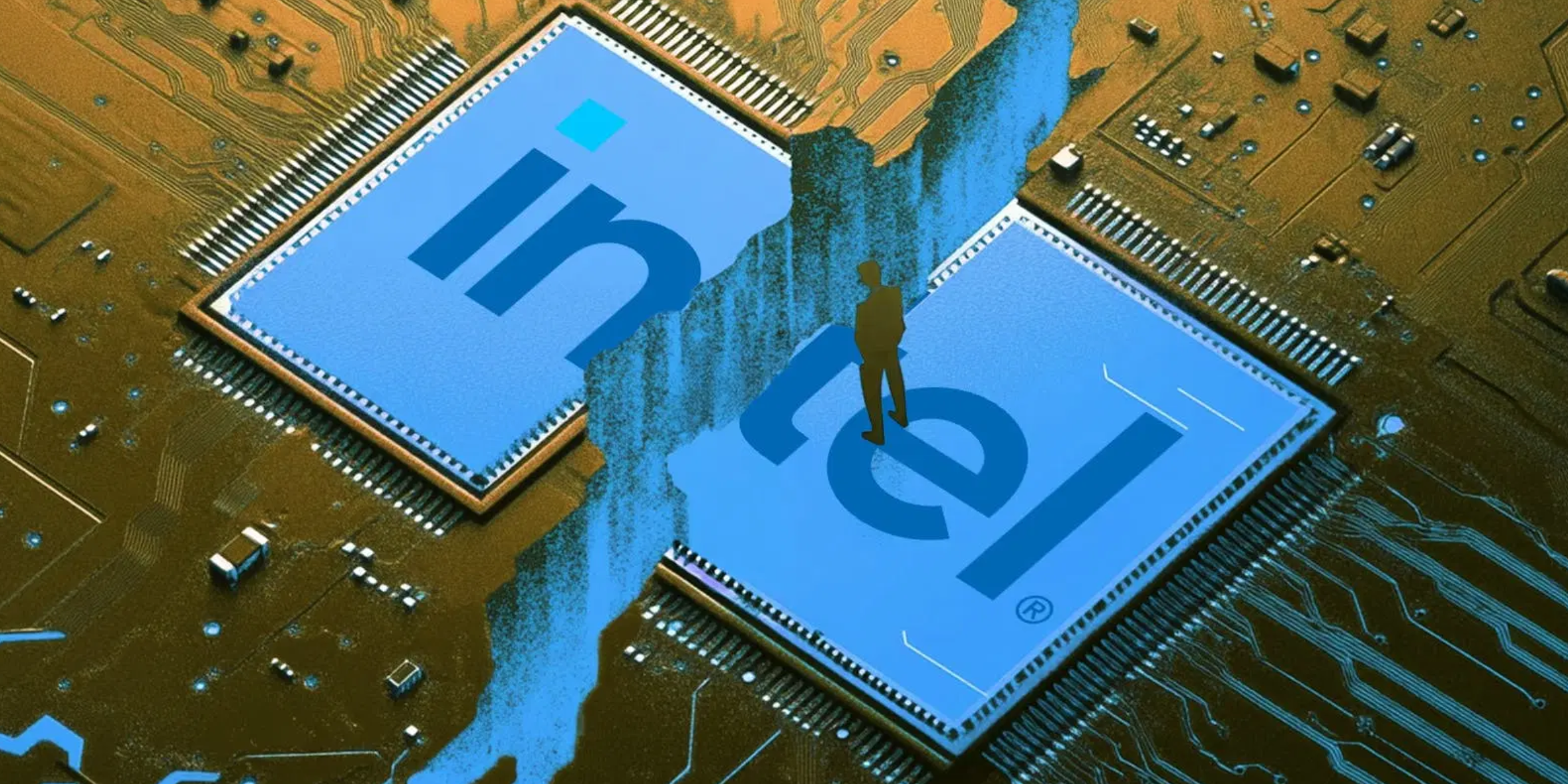
If Intel were split into two companies, it could lose its competitive advantage in the closed supply chain, giving rivals an opportunity to consolidate their position in the semiconductor market.
IMAGE: SCREENSHOT FROM FINIMIZE
In other developments, TSMC is exploring the possibility of acquiring part or all of Intel's factories. The company could lead an investment alliance or use a different transaction structure to gain control of Intel's manufacturing operations. If the deal is successful, Intel would lose its closed supply chain, which was once a core competitive advantage.
Although Broadcom and TSMC are not working together, the fact that both companies are interested in Intel indicates the weakening of the American semiconductor giant. Previously, the scenario of Intel being split up was unlikely, but now it is becoming more probable than ever.
Intel has taken several steps to prepare for the possibility of separating its manufacturing operations. The company currently operates its factories as independent units, receiving orders from both internal and external customers. This makes it easier for Intel to transfer manufacturing if an acquisition were to occur.
The U.S. government is closely monitoring the situation due to Intel's importance to national security. Frank Yeary, Intel's interim executive chairman, is reportedly in discussions with both interested parties and Washington officials to find the best solution for shareholders.
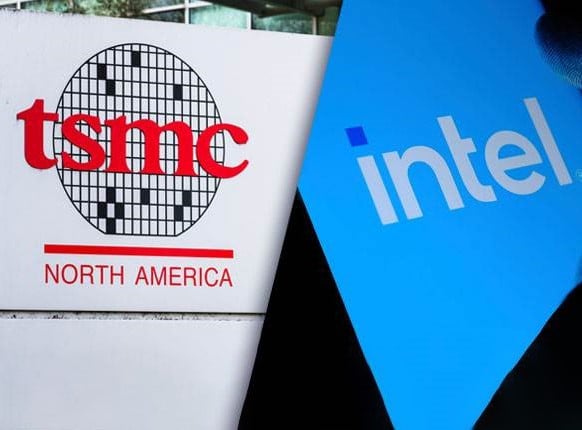
TSMC wants to take over Intel's factory but will face difficulties in adapting the technology, while Intel risks losing its competitive advantage in chip manufacturing.
PHOTO: SCREENSHOT FROM NOTEBOOKCHECK
However, if TSMC wants to take over Intel's factory, the deal will face many obstacles. A foreign company controlling a critical US chip manufacturing facility may not be approved by the administration. Some sources indicate that the Trump administration had suggested TSMC consider this option, but a White House official stated that the president is unlikely to support the transaction.
Besides political hurdles, TSMC also faces technical challenges. Transferring Intel's manufacturing technology to TSMC's processes would require significant costs and a long timeframe. Furthermore, U.S. immigration policies could limit the ability to deploy TSMC engineers to these factories.
Furthermore, the Chips Act of 2022, which provided substantial funding to Intel to promote domestic chip manufacturing, requires the company to retain control of a majority of its factories if any spin-off moves are made.
Although negotiations are still in their preliminary stages, these developments indicate a significant shift in Intel's position within the semiconductor industry. If either deal goes through, the corporation may no longer maintain its vertically integrated model, but instead be split into two independent companies.
Source: https://thanhnien.vn/intel-co-the-bi-chia-tach-truc-ap-luc-thau-tom-tu-broadcom-va-tsmc-185250218115618194.htm








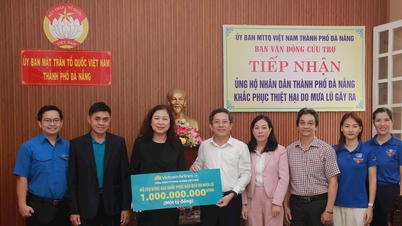

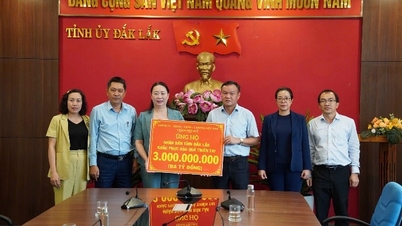





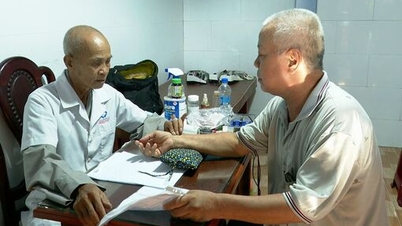


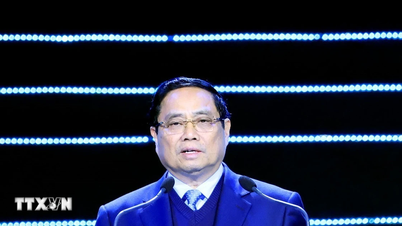






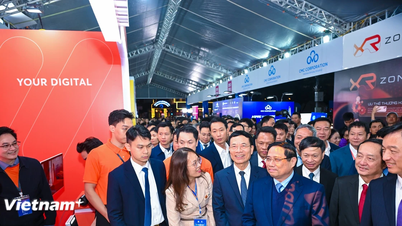
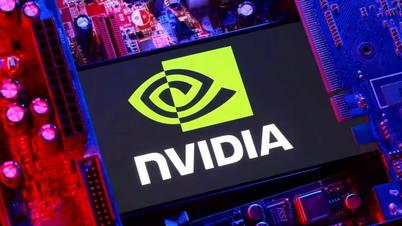














































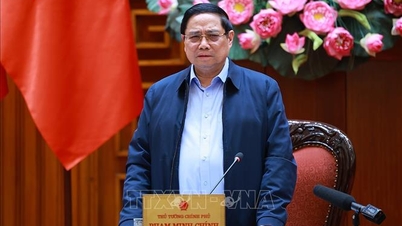






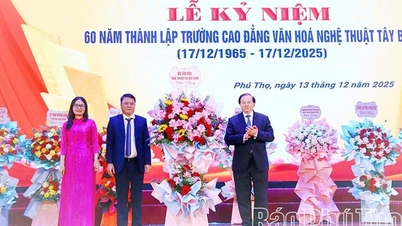
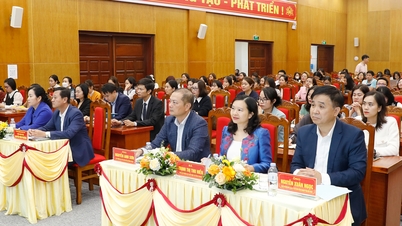

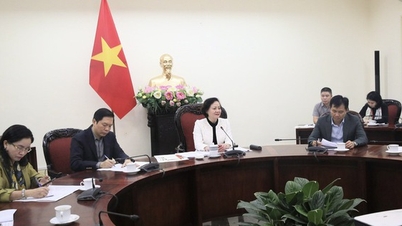
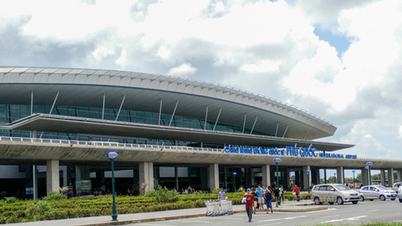
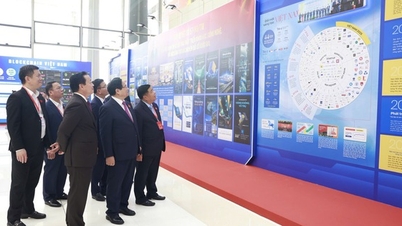






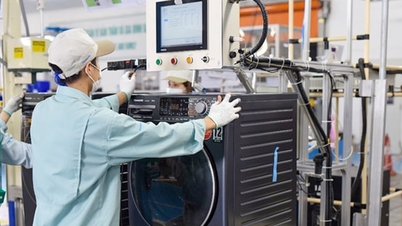
















Comment (0)